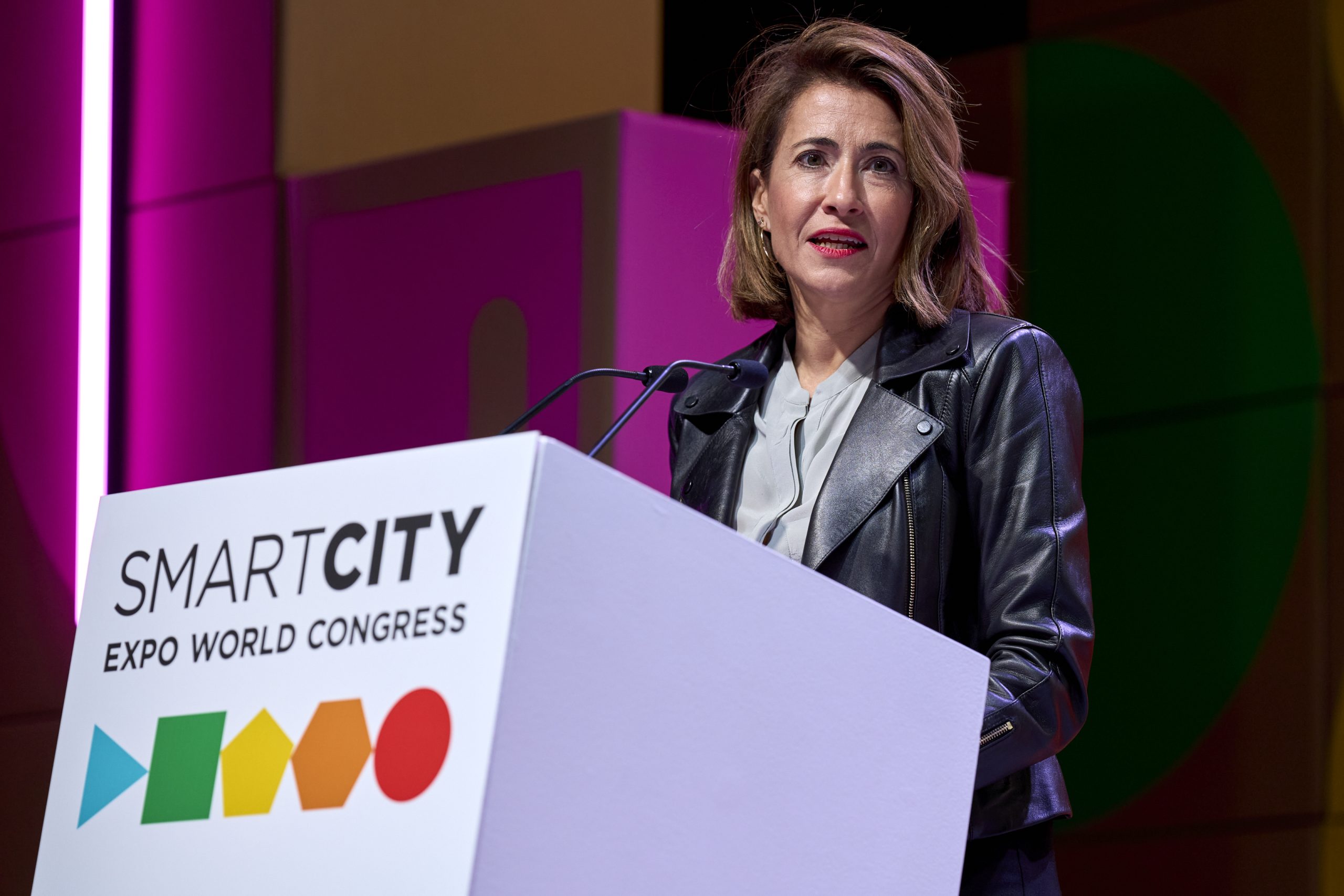Author | Lucía Burbano
The collaboration between the public and private sectors has facilitated the execution of highly innovative projects that might have otherwise struggled to materialize. The landscape of urban development partnerships is diverse, mirroring the growing trend among cities to entrust private entities with enhancing their quality. These companies need not always be large industrial conglomerates, publicly traded corporations, or individually owned enterprises.
The advantages of public-private collaborations in smart cities
On the one hand, public administrations bear the responsibility for spearheading and overseeing projects aimed at enhancing infrastructures, urban planning, and social services. However, bureaucratic processes or budget limitations frequently pose obstacles, which the private sector can help overcome.
Leadership and innovation
Private companies collaborating with the public sector often emerge as leaders in their respective industries, propelled by their demonstrated expertise, adoption of cutting-edge technology, and innovative management approaches. Cities that harness the expertise of these companies across diverse domains such as waste management, transportation, energy, or smart infrastructure, can develop state-of-the-art solutions and integrate them into their urban projects.
Competition and transparency
The involvement of the private sector in public projects introduces an element of competition that enhances the administrative processes themselves. This can lead to the implementation of stricter regulations and foster greater transparency in the provision of services, particularly in critical sectors such as health, transportation, and education.
Speed in execution
The private sector often demonstrates swifter execution times compared to fully public projects. This work methodology, efficiency and approach in management is crucial, particularly in projects involving urgent urban renewal needs.
Shared risk
Shared risk is a key aspect in urban renewal projects, as it allows the public and private sectors to distribute risks such as additional costs and delays between them. This fosters a sense of responsibility and provides incentives for both sectors to strive for satisfactory results.
Examples of public-private urban projects

St. Louis, United States
The city and county of St. Louis applied a slight tax increase to generate funds for the project to renovate the Gateway Arch National Park. Through this initiative, they were able to secure $159 million. In turn, the privately owned Gateway Arch National Park was able to secure an additional $221 million.
The funds from this public-private partnership, known as the CityArchRiver project, were utilized to revitalize museums and facilities within this national park. The project improved the facilities, created job opportunities and contributed to an increase in both visitor numbers and residents, which boosted revenues for the park and also had a positive ripple effect on local businesses.
Marrakesh, Morocco
The maintenance and costs associated with the public lighting network had become unsustainable for the Moroccan city. In 2017, the private company Enertika Maghreb was tasked with establishing Hadirate Al Anwar, a public-private company funded with 61% and 39% respectively. This partnership marked a significant milestone for Marrakech as it became the first city in the country to be equipped with LED lighting.
Thanks to the efficiency and long lifespan of LED lighting technology, the city of Marrakech now saves 60% on operating costs and 80% on replacement costs. Part of these savings are allocated to finance a fixed rate for the company to conduct the work.
Jakarta, Indonesia
Jakarta aims to electrify 100% of its bus fleet by 2030. To achieve this objective, the city conducted a pilot test to trial business model based on a public-private partnership. Under this arrangement, a buy-the-service agreement was established: operators acquire the buses, and the city pays them a tariff per kilometer for operating on an exclusive route.
Of the 22 bus operators involved, approximately 50% are small fleets organized into cooperatives. To ensure its profitability, the governor of Jakarta extended the concession period from seven to ten years, providing stability for this business model to flourish in the city.
Photographs | Unsplash/Cytonn Photography, Unsplash/Pradamas Gifarry






















































